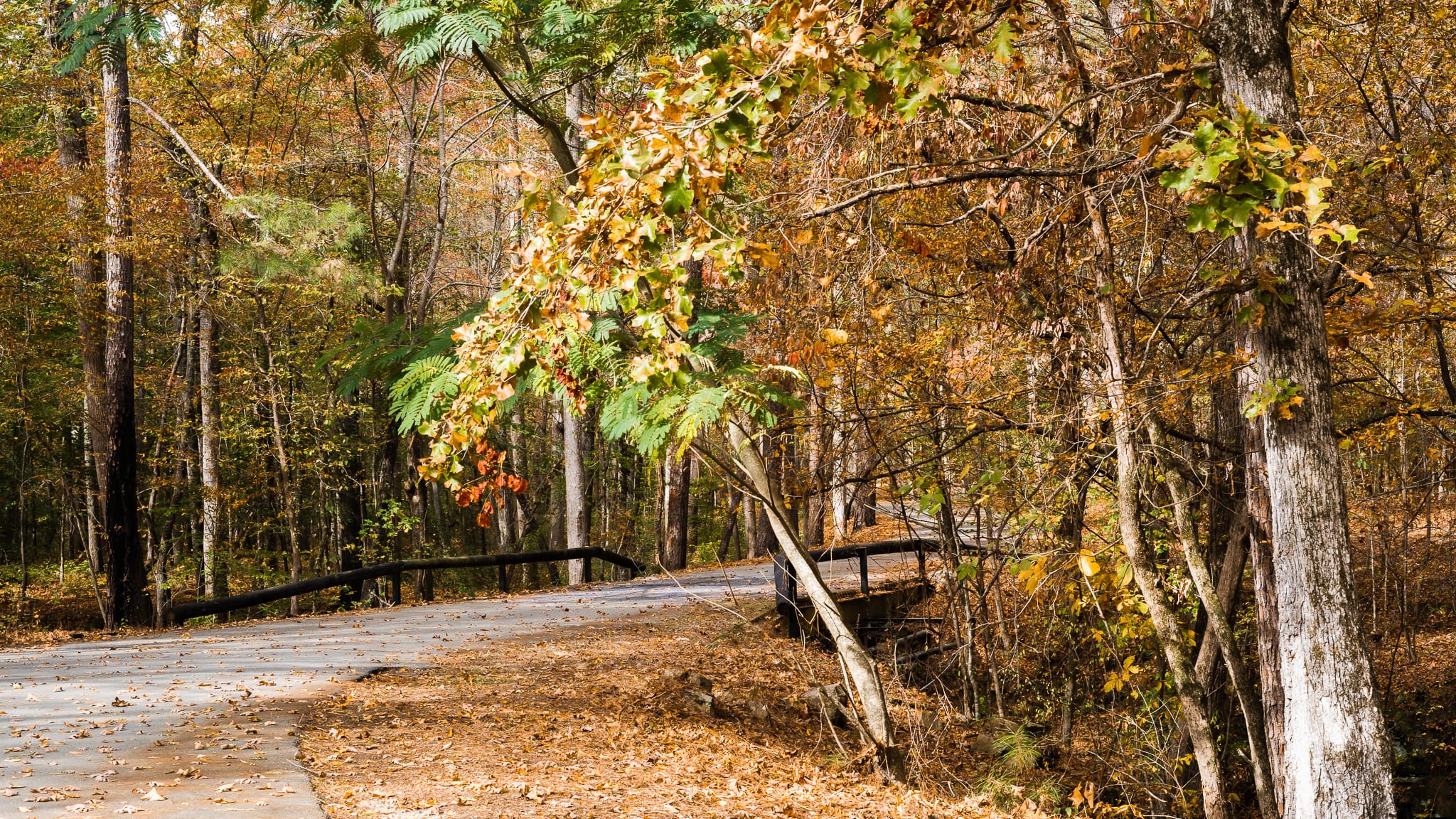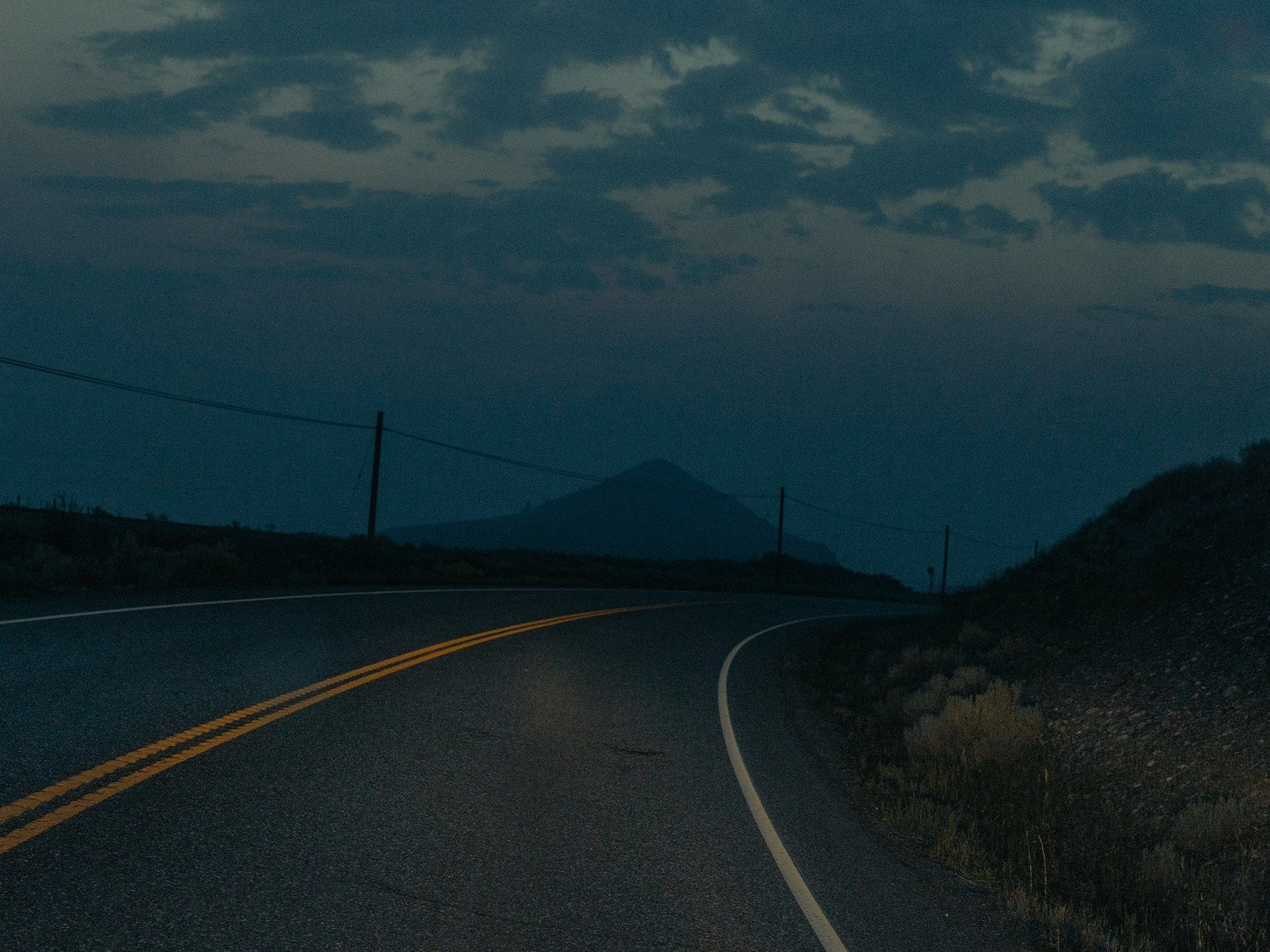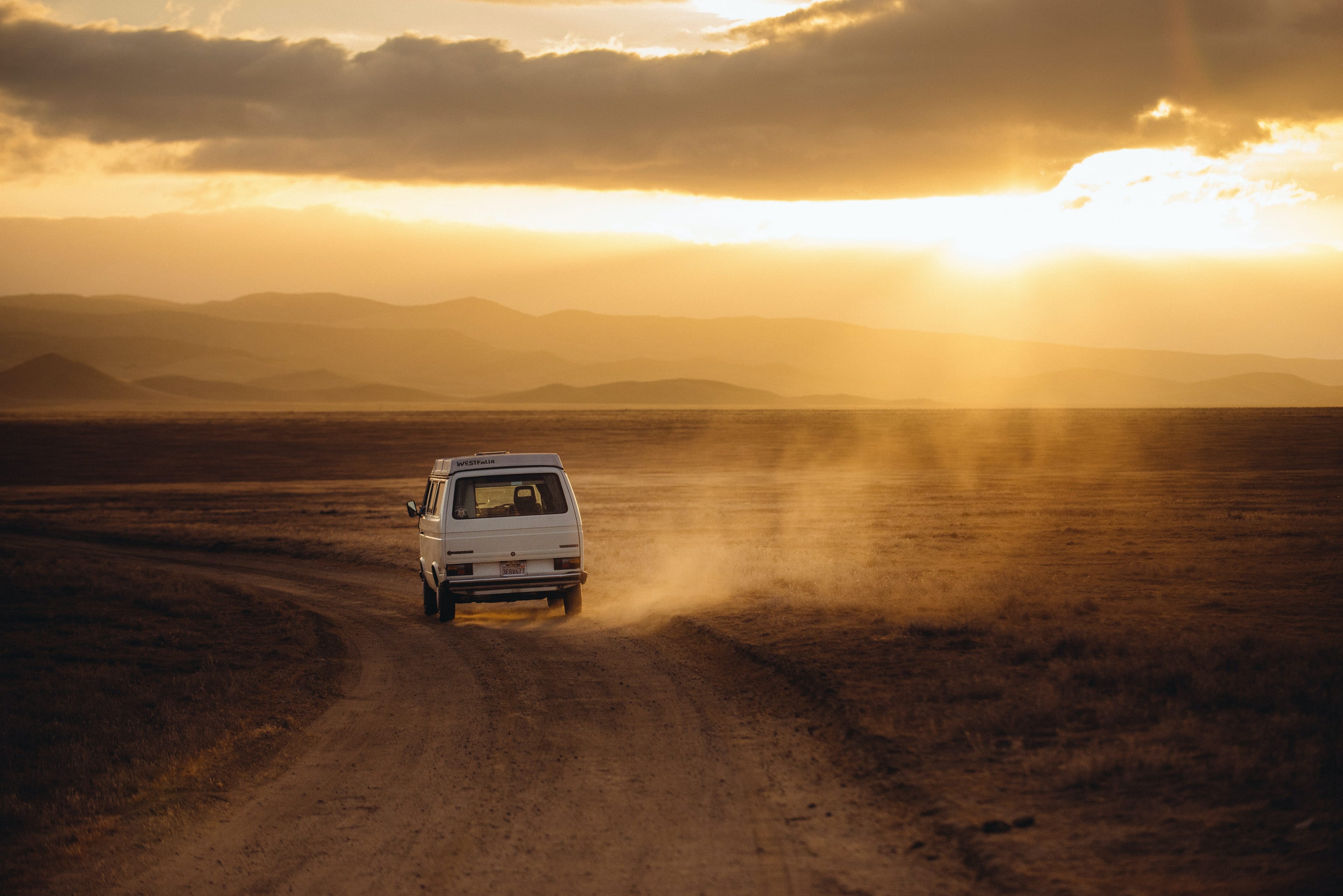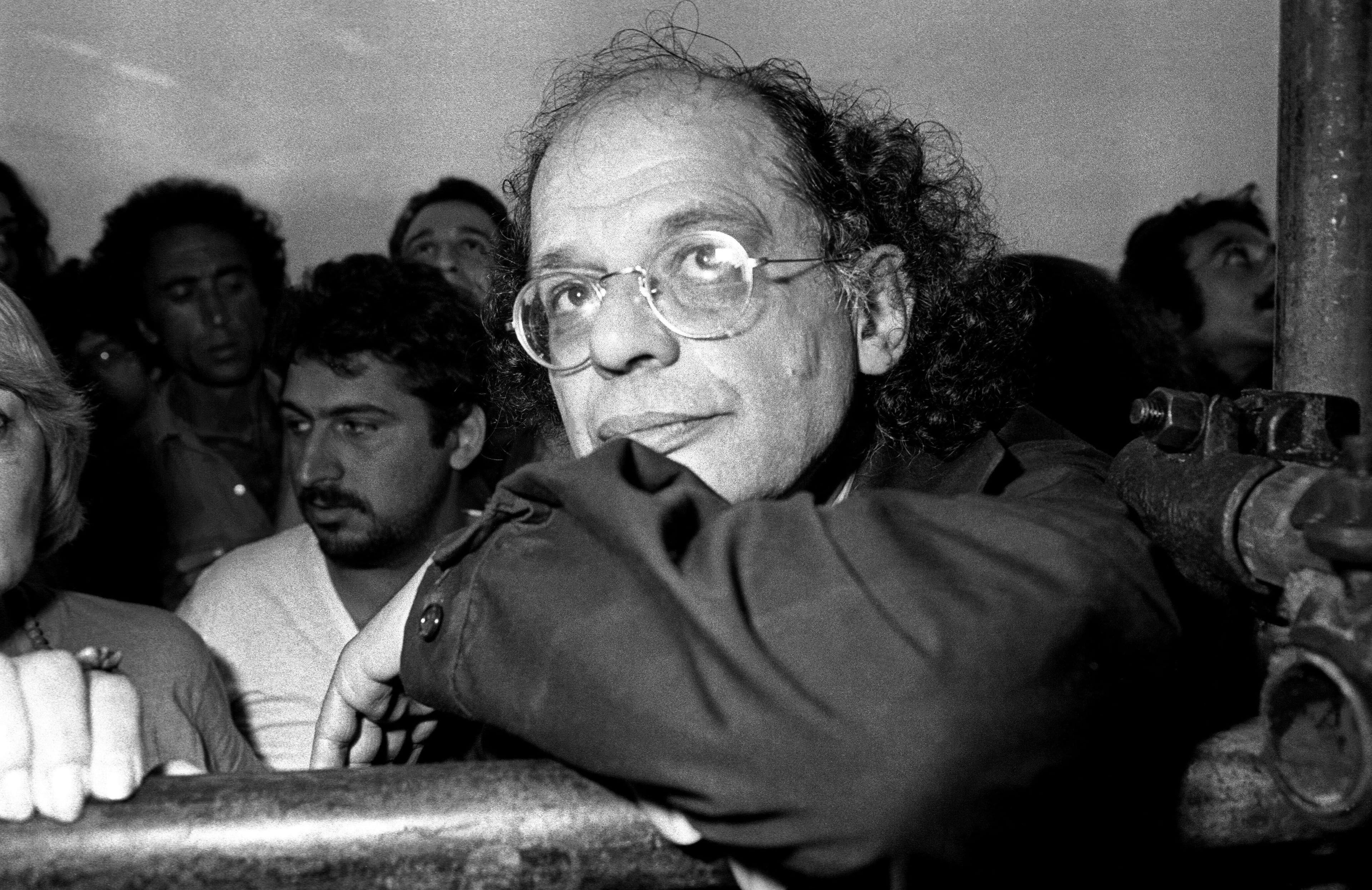Why Vermont Matters
The Brave Little State has mastered the art of neighborliness. The rest of the nation could learn something.
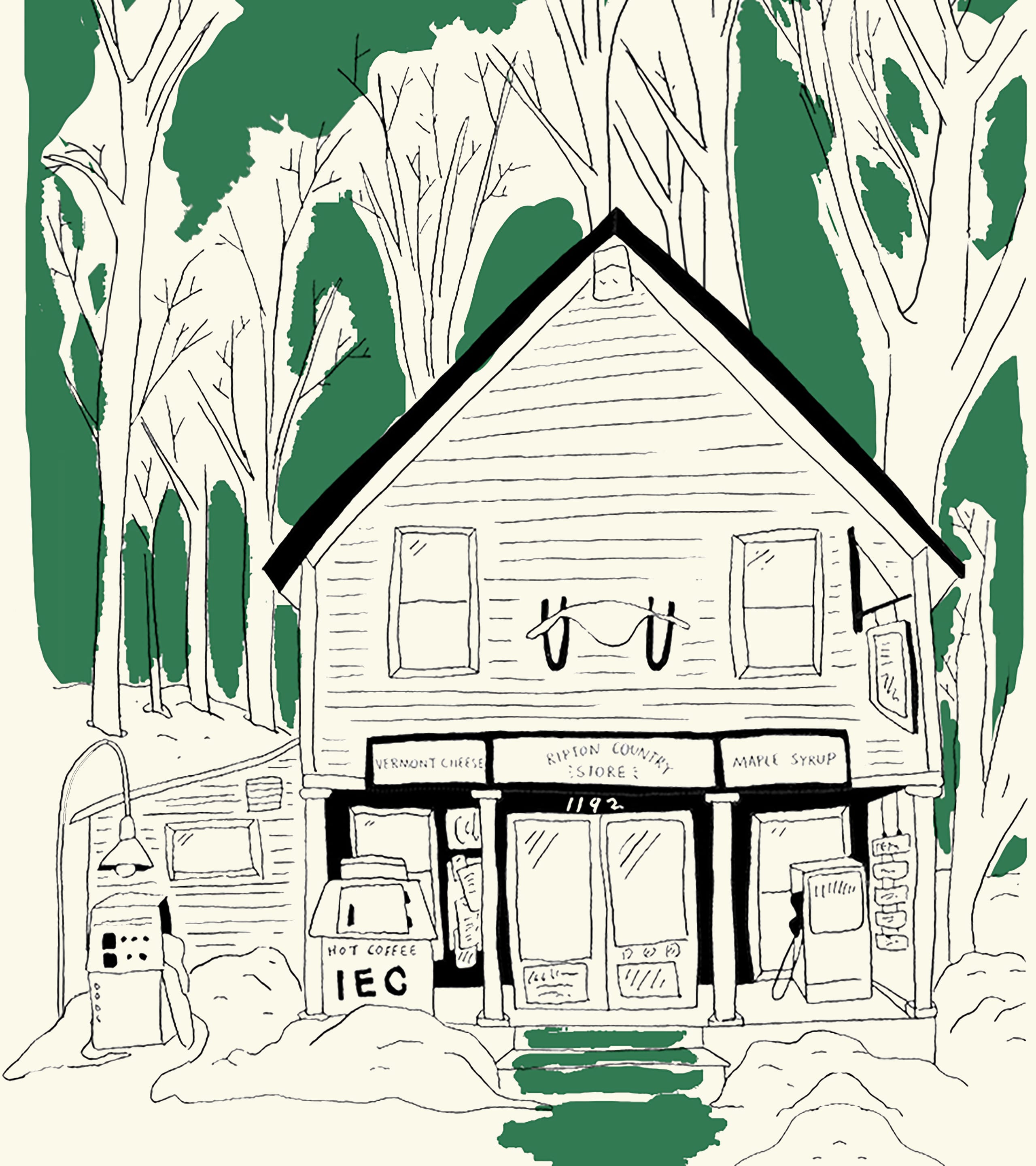
Our small town has exactly one public meeting place, the general store that doubles as the post office. It’s a classic: potbellied stove by the sandwich counter, with a rocking chair where you can drink your coffee and in the course of an hour greet half the town because this is also the post office, a tiny closet where the part-time postmaster sorts mail into a series of pigeonholes that, if they’re ever retired, will doubtless end up in the Smithsonian. It’s an old way of doing things. And yet this tiny place has something to teach the rest of the nation, something I will try to explain.
By most ways of measuring, Vermont is almost laughably insignificant and old. It’s the fifth smallest state in the union, with the second smallest population. Its chief city, Burlington, ranks as the 870th biggest metropolis in the country, just ahead of Apex, North Carolina. Its capital, Montpelier, has barely 8,000 residents (the only state capital without a McDonald’s!). It has the smallest GDP of any state; its economy constitutes less than one fifth of one percent of the U.S. as a whole. It has no major league sports teams, no billionaires, and no Fortune 500 companies. If Vermont disappeared tomorrow, it might take a while for the rest of the world to notice.
But first, some geography. Vermont is mostly a series of north-south-running mountains—its eponymous Green Mountains form the main spine. In between are steep and narrow valleys, with barely enough flat land for a few modest farms. (The exception to the rule is the broad Champlain Valley along the shore of Lake Champlain on the west, a bit of Ohio that ended up in northern New England, and whose flat land is home to Burlington and its suburbs). This means that, for the most part, Vermont is a collection of relatively isolated towns, villages, hamlets. Our town has about 500 souls, and it’s not particularly small by Vermont standards; indeed, the state vies with Maine for the title of the most rural in the union, with 61 percent of its population living outside a metro area. If that surprises you, think about it: a state like Alaska is only about 40 percent rural, because nearly half the population lives in Anchorage. Idaho is 29 percent rural—it’s Boise plus emptiness. Colorado is 14 percent rural.
And then, some history. Vermont had its first town meeting in Bennington in 1762, 23 years before it became a state. The first Tuesday in March remains town meeting day across the state, with residents crowding into church basements or small town halls for a covered-dish supper and a series of debates and votes about the year ahead. Does the school need a new roof, or can we get another year out of the current one? How much should we pay for a fire truck? It is as close to Athenian democracy as you get in the world.
These two things—that Vermont is mostly a series of small and relatively isolated communities, and that those communities have governed themselves in this peculiarly democratic way for a quarter-millennium—have created a place marked by extremely high levels of social trust. Only 38 percent of Americans say they mostly or completely trust their neighbors. But a 2018 Vermont survey found that 78 per cent of residents think that “people in my neighborhood trust each other to be good neighbors”; 69 per cent of Vermonters said that they knew most of their neighbors, compared with 26 percent of Americans in general.
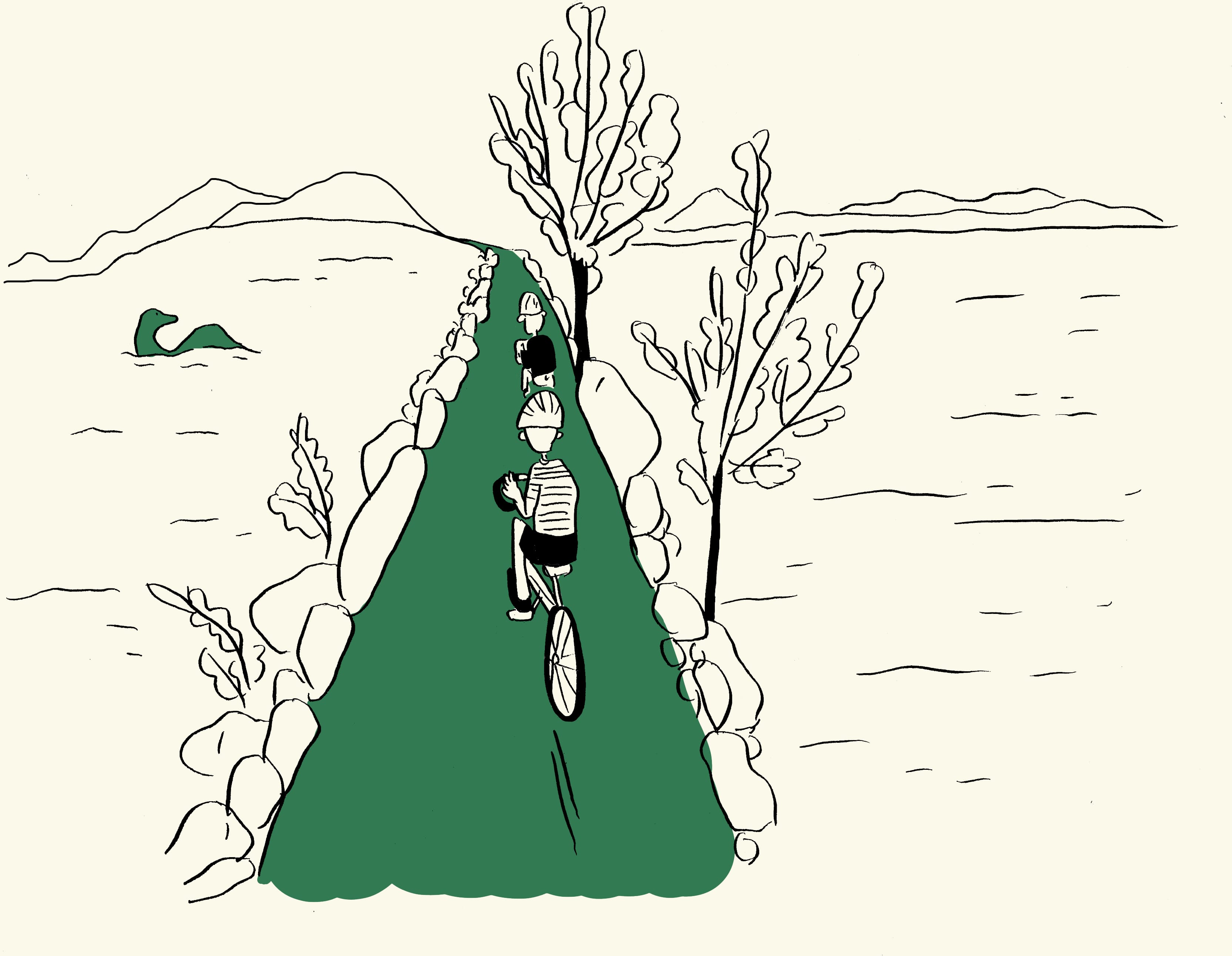
We not only know our neighbors, we know how to cooperate with them. University of Vermont political scientist Frank Bryan, who has studied town meetings more extensively than anyone else, says: “A town meeting is a legislature of citizens, for citizens, and by citizens. The fact that each citizen of the town is also a legislator separates the New England town meeting from all other forms of democracy.” It’s hard to get away with being a jerk at those meetings: if a bombastic figure rose to start delivering rants, he would be tolerated politely for a few minutes and then asked to sit down, so that the meeting could get to work.
This doesn’t mean we’ve arrived at some unshakable liberal consensus. Yes, Vermont loves its socialist Senator Bernie Sanders—the most popular senator in the country among his constituents. But Vermont also loves its Republican governor, Phil Scott, who consistently ranks among the most popular governors in the country—does that mesh with your mental image of Vermont? (And what if I add that Governor Scott is almost as famous for being a stock car driver as a politician—one of the most successful at Thunder Road, the state’s beloved quarter-mile oval?)
Since every Vermonter has a stake and a voice, it’s harder for conspiracy theories or rankling resentments to grow. During the height of the coronavirus pandemic, like the rest of the country, we had people who didn’t want to wear masks or close businesses. A few people. When Vermont Against Excessive Quarantine called for an April rally outside the statehouse in Montpelier, the local press reported a crowd of “between seven and 10 protesters” appeared, many of them wearing masks. Their rhetoric was not exactly fiery. “I think it is commendable but at the same time foolish to shut the economy down,” a man from St. Albans, in the far north, said. “I feel like the repercussions of shutting the economy down will probably be far worse than the actual virus.” Another explained, “There’s reason to be nervous—maybe a little edgy about this—I’m not denying there’s not anything out there that could hurt somebody. . . . But just use some common sense.”
All of that meant that Vermont was not just a physical refuge during the crazy years of the pandemic (though it was—and its population began to grow for the first time in a long time as people fled the virus-struck cities). It was also a psychic refuge of sorts, with a reduced level of craziness: instead of a sign of some kind of oppression, the mask became a mark of solidarity, a gesture that you cared about your neighbors. Hell, we wore them outside too, when we gathered every other Saturday morning to hand over our bags of trash and recycling; it was probably not necessary, but it was a distinctive mark of that neighborliness. In my town, even though everyone in town visited that small general store/post office nearly every day, we made it through most of the pandemic with nary a case of COVID. Vermont had—per capita—the lowest COVID death rate in the country.
Vermont is far from perfect. It has racists. It has big economic disparities—when Hurricane Irene’s record rainfalls in 2011 brought home the message of climate change, it also brought home the fact that our trailer parks sit on flood plains. We’ve had serious drug problems—for a while, the city of Rutland was famous as the heroin capital of the Northeast. Its citizens have sometimes abused local control—there’s a de facto moratorium on wind turbines, for instance, because some people don’t want to look at them. I sometimes think the state motto should be “Change Anything You Want—Once I’m Dead.”
But the level of sanity is high. And so is the quality of life: we have the fewest fast food restaurants per capita, and the most breweries, as good a pair of statistics as one could hope for. For many years we had both legalized marijuana and no retail outlets—each Vermonter could grow six plants (which turns out to be a lot), and so a thriving gift economy developed. Weed was the new zucchini—leave your back door unlocked at the store and you were liable to find a big bag of the stuff on your back seat.
So if the nation is looking for cool new technology, then look to California. If it’s looking for unfettered growth economies, look to Texas. But if it’s looking for lessons about social trust, about how to make communities work a little better, about how to turn down the volume and the chaos—well, it could do worse than to look in on Vermont.
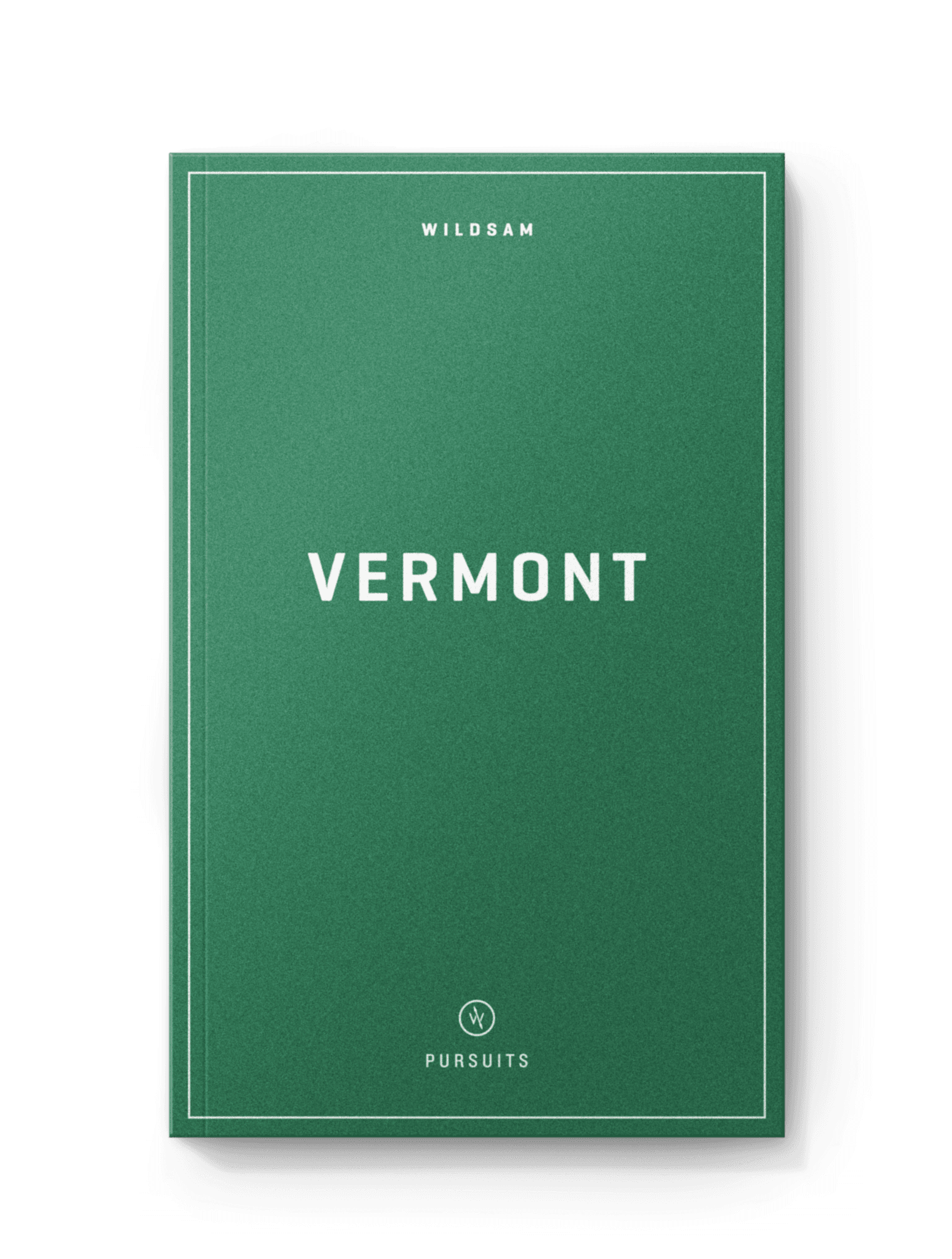
Field Guide
Vermont
Water holes and poets, land stewards, brewers and dairy farmers, creemee stands and musical tradition.
About the author
BILL MCKIBBEN is one of America's most noted writers on the environment and civic affairs. His books include The End of Nature and Radio Free Vermont, and he is a frequent contributor to The New Yorker and many other publications. This essay originally appeared in WILDSAM's field guide to Vermont.
BILL MCKIBBEN is one of America's most noted writers on the environment and civic affairs. His books include The End of Nature and Radio Free Vermont, and he is a frequent contributor to The New Yorker and many other publications. This essay originally appeared in WILDSAM's field guide to Vermont.
Read more like this
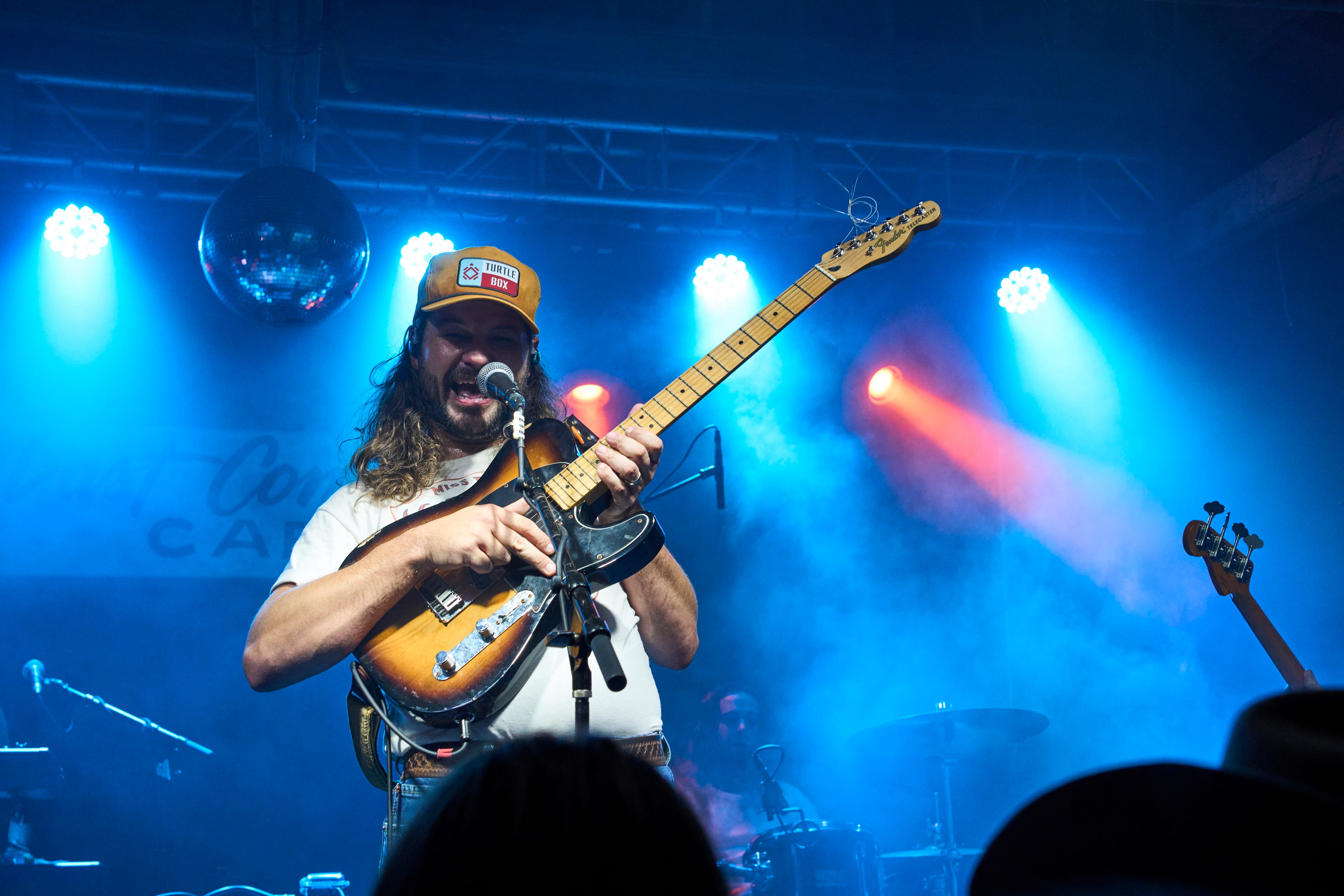
The Sounds of Houston
Turtlebox Audio carries the grit, soul, and sound of one of America's loudest music towns.
